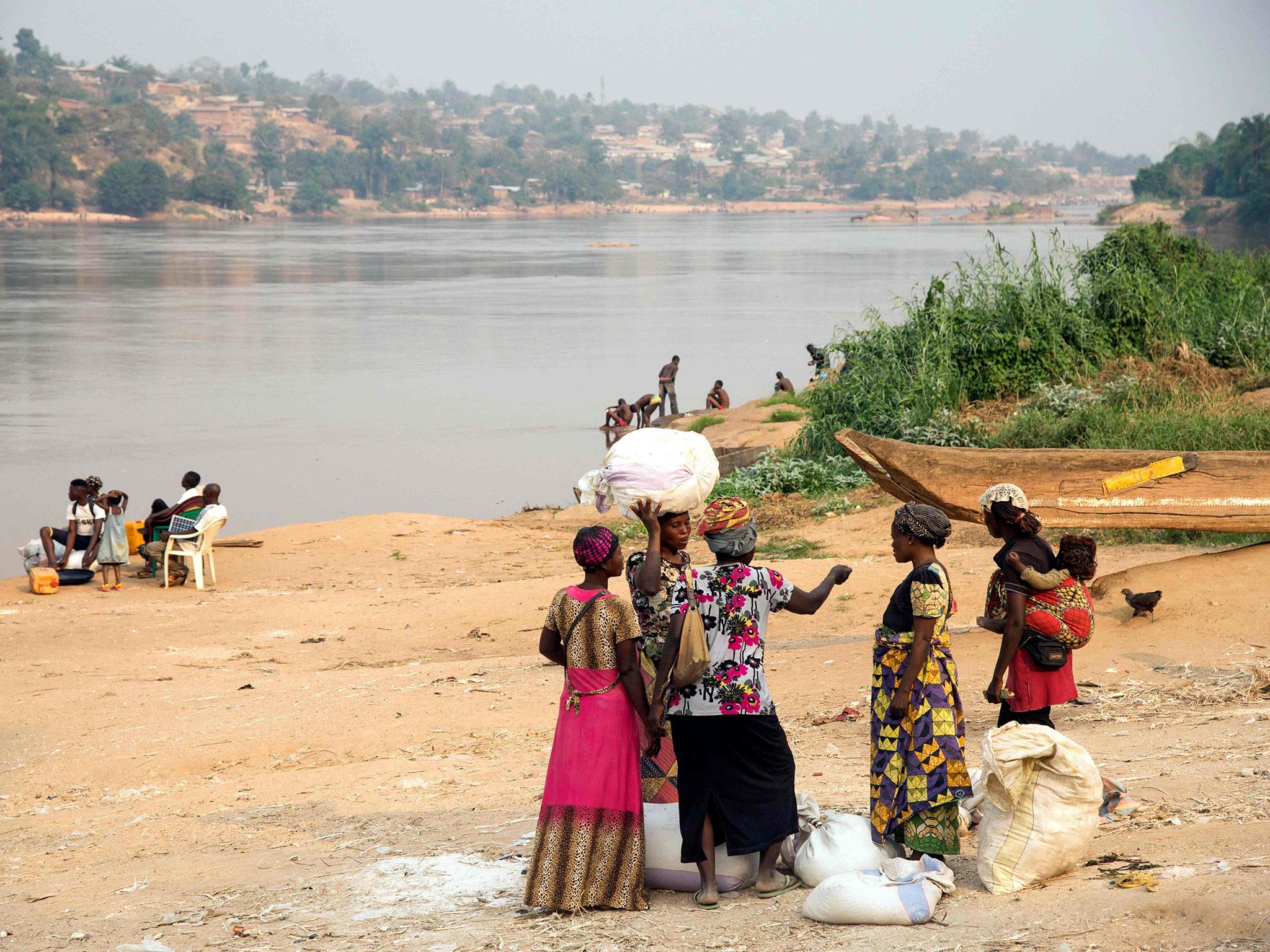Congo: 250 people killed in ethnic based massacres in the DRC, says UN
‘Survivors have spoken of hearing the screams of people being burned alive, of seeing loved ones chased and cut down, of themselves fleeing in terror... Their accounts should serve as a grave warning’

The UN says more than 250 people, including 62 children, have been killed in attacks in the Democratic Republic of Congo that are “taking on an increasing and disturbing ethnic dimension”.
In a report based on interviews with almost 100 victims, the UN’s Human Rights Office said it believed the DRC government to be complicit in the massacres in the south-western Kasai province.
At least 80 mass graves have been identified in the region, the UN said, and investigators believe the abuses in the most recent flare-up of violence could amount to crimes under international law.
Zeid bin Ra'ad al-Hussein, UN High Commissioner for Human Rights, said: “Survivors have spoken of hearing the screams of people being burned alive, of seeing loved ones chased and cut down, of themselves fleeing in terror.
“Such bloodletting is all the more horrifying because we found indications that people are increasingly being targeted because of their ethnic group.
“Their accounts should serve as a grave warning to the government of the DRC to act now to prevent such violence from tipping into wider ethnic cleansing.”
Fighting started between the Kamwina Nsapu militia and the Kinshasa-based government in August 2016. In March of this year, a new militia called the Bana Mura was formed, the UN report says, with the apparent backing of the government.
“Interviewees indicated that local security forces and other officials actively fomented, fuelled, and occasionally led, attacks on the basis of ethnicity,” a UN statement said.
“In many of the incidents reported to the team, FARDC [government] soldiers were seen leading groups of Bana Mura militia during attacks on villages.”
Among the attacks detailed in the UN report is an assault on a health centre in the village of Cinq, where 90 people seeking refuge from the violence were slaughtered. The dead included patients who were trapped inside a surgical ward before the whole building was set on fire.
Of the 251 extrajudicial and ethnically targeted killings, the UN attributed 150 of them to the Bana Mura and 79 to the Kamwina Nsapu. Government forces were blamed for another 22.
But the UN figure is likely to be a considerable underestimation of the true scale of casualties in the violence, which was sparked last year when a regional leader, who was critical of President Joseph Kabila, was assassinated in a military operation.
The Catholic Church, which wields a great deal of political sway in the country, believes the number of dead in the recent conflict is closer to 3,400. In June, it accused security forces and militias together of destroying up to 20 whole villages in the Kasai province.
The regional violence comes on top of general political unrest in DRC. Rights groups say police arrested more than 100 people following a series of protests on Monday against Mr Kabila, who has refused to step down or hold fresh elections since his term as president ended in December last year.
Join our commenting forum
Join thought-provoking conversations, follow other Independent readers and see their replies
Comments
Bookmark popover
Removed from bookmarks